Delaware Prosperity Partnership

October 1, 2021
Rob Rider Leads O.A. Newton to Record Growth
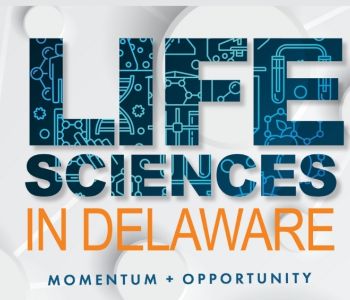
October 1, 2021
New Report Details Growth and Opportunity for Delaware’s Life Sciences Sector
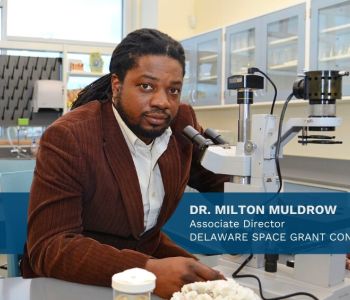
September 29, 2021
Delaware Space Grant Consortium Launches Students into Innovation

September 28, 2021
Dual Language Immersion Initiative Enters Next Phase

September 27, 2021
Miller Metal Fabrication Chooses to Grow in Southern Delaware
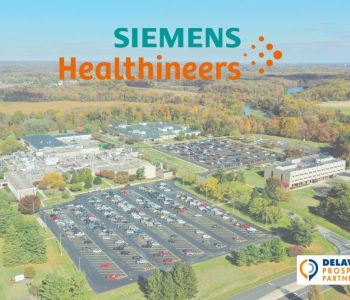
September 27, 2021
Siemens Healthineers Chooses Delaware for Expansion
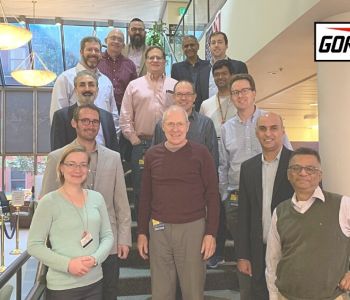
September 22, 2021
Delaware’s W. L. Gore & Associates Ranks 2nd on Fast Company’s Best Workplaces for Innovators List

September 17, 2021
Delaware’s ANP Technologies Excels at Rapid Diagnostic Tests
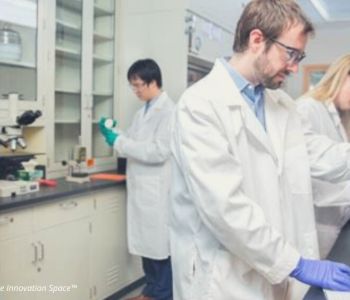
September 17, 2021
The Innovation Space™ Expands Lab and Office Space for Startups

September 14, 2021
Adesis Announces Expansion at Delaware’s DuPont Experimental Station

September 9, 2021
Market Pressure Relief Fund Available for State Contractors

August 30, 2021
Health Care Student Loan Forgiveness Programs Attract Doctors and Nurses in Delaware











